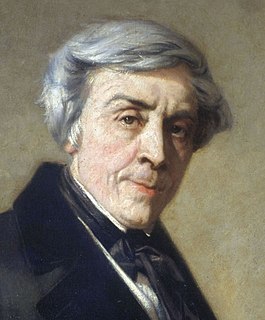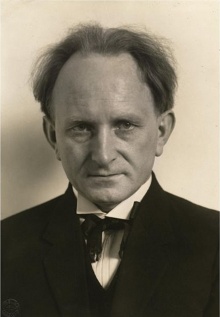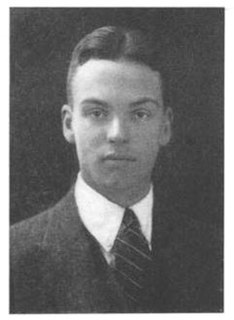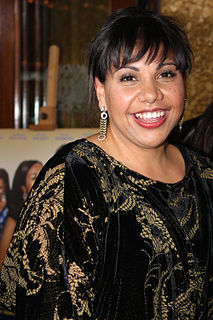A Quote by Arthur Schopenhauer
Of all the intellectual faculties, judgment is the last to mature. A child under the age of fifteen should confine its attention either to subjects like mathematics, in which errors of judgment are impossible, or to subjects in which they are not very dangerous, like languages, natural science, history, etc.
Related Quotes
It seems to us that in intelligence there is a fundamental faculty, the alteration or the lack of which, is of the utmost importance for practical life. This faculty is judgment, otherwise called good sense, practical sense, initiative, the faculty of adapting one's self to circumstances. A person may be a moron or an imbecile if he is lacking in judgment; but with good judgment he can never be either. Indeed the rest of the intellectual faculties seem of little importance in comparison with judgment.
Let us ask... how things work at the level of on-going subjugation, at the level of those continuous and uninterrupted processes which subject our bodies, govern our gestures, dictate our behaviors, etc... we should try to discover how it is that subjects are gradually, progressively, really and materially constituted through a multiplicity of organisms, forces, energies, materials, desires, thoughts, etc. We should try to grasp subjection in its material instance as a constitution of subjects.
When men have appreciated the countless differences which the exercise of that judgment must necessarily produce, when they have estimated the intrinsic fallibility of their reason, and the degree in which it is distorted by the will, when, above all, they have acquired that love of truth which a constant appeal to private judgment at last produces, they will never dream that guilt can be associated with an honest conclusion, or that one class of arguments should be stifled by authority.
The unconscious is not a demoniacal monster, but a natural entity which, as far as moral sense, aesthetic taste, and intellectual judgment go, is completely neutral.It only becomes dangerous when our conscious attitude to it is hopelessly wrong. To the degree that we repress it, its danger increases.
Pure photography allows us to create portraits which render their subjects with absolute truth, truth both physical and psychological. That is the principal which provided my starting point, once I had said to myself that if we can create portraits of subjects that are true, we thereby in effect create a mirror of the times in which those subjects live.
The philosopher ... subjects experience to his critical judgment, and this contains a value judgment namely, that freedom from toil is preferable to toil, and an intelligent life is preferable to a stupid life. It so happened that philosophy was born with these values. Scientific thought had to break this union of value judgment and analysis, for it became increasingly clear that the philosophic values did not guide the organisation of society.









































